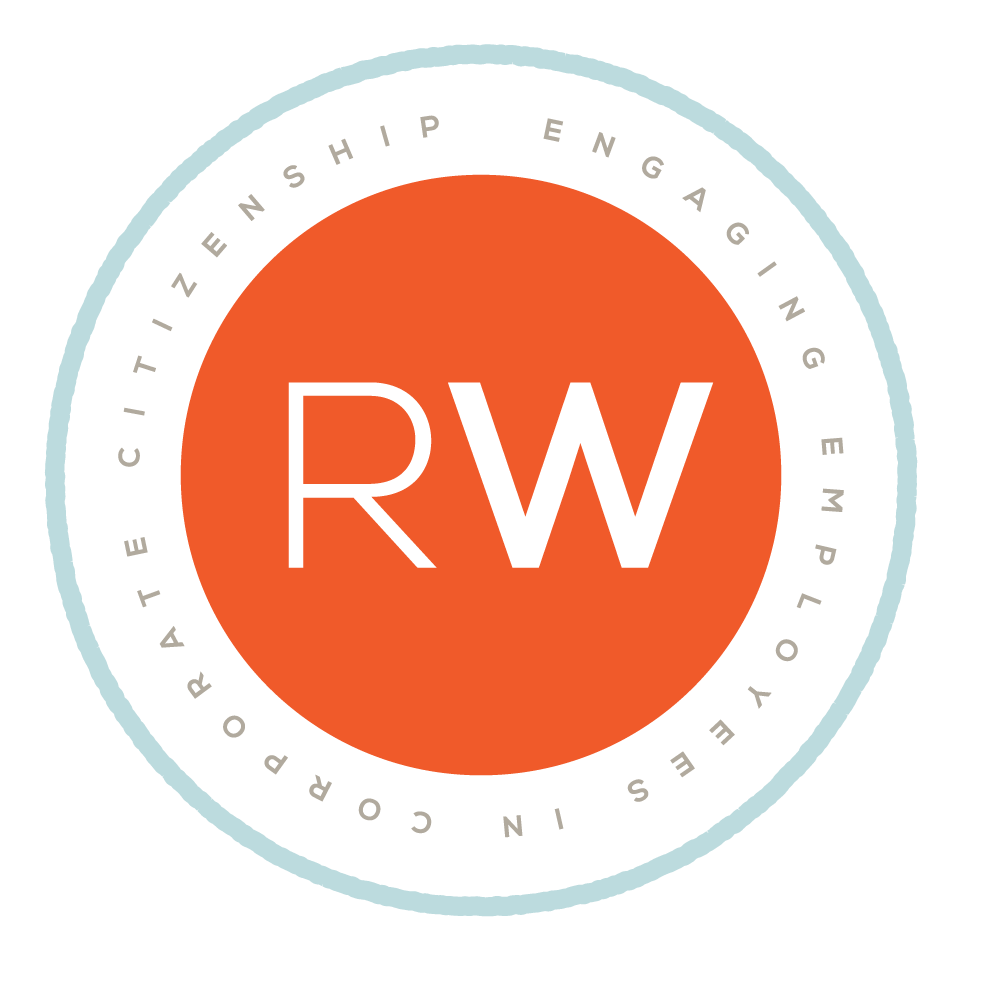Hiring a consultant to help with your Corporate Volunteering Program? Here's what to expect
Your consultant should be intelligent, experienced, and competent. Here are a few pointers to help you choose the corporate volunteering consultant who can meet your company's needs.
Hiring a Corporate Volunteering Consultant? Here's What to Expect
Most of our readers work in the field of Corporate Citizenship, CSR, Corporate Community Investment and Corporate Volunteering. The majority are directly responsible for their company’s employee volunteering programs.
In conversations with these readers, we’ve become aware of a significant increase in the number of large companies interested in either starting or expanding their employee volunteer programs.
We’re not imagining things...
Sure, examples of corporate volunteering have been around since the early 1900’s in the US. But now, almost one third of US corporations embrace some form of employee volunteering, representing a growth of almost 150% in the last few decades. These days, it is widely accepted that employee volunteering is a key component for the success of a company’s CSR and Corporate Citizenship strategies.
So...why the growth? Why this incredible interest in employee volunteering?
One perspective is the fact that employee volunteering is able to provide an effective strategy with which to address often negative or at best suspicious relationships that sometime exist between business and society. The potential of this strategy becomes even more profound given the backdrop of weakened nation states and globalized societies.
In addition to the relational benefits, there are also strong business benefits to be had. Corporate volunteering programs promise returns beyond traditional philanthropic activities; they add value to the recruitment potential, retention rates, training, development, loyalty and overall satisfaction of the company’s staff.
Check out our latest series on the Business Case for Employee Volunteering:
Case #1: Employee Engagement
Case #2: Better Talent
Case #3: Employee Development
Case #4: Competitive Advantage
Getting some help...
Since the ideas, theories and practices surrounding employee volunteering are relatively new, where to start when building an corporate volunteer program can be unclear. There are multiple questions to answer, each seemingly leading to even more questions:
-
What is a best practice - and why?
-
What are some good benchmarks when it comes to participation rates?
-
What kind of risks are involved?
-
How do other companies achieve widespread support and agreement around programatic elements?
-
What kind of recognition and reward incentives work?
-
How big of a budget will this require?
-
Is it a good idea to connect workplace giving programs with volunteering?
-
How should nonprofit’s be vetted and then partnerships formed?
-
What is appropriate when it comes to promoting the program inside and outside of the company?
-
What kind of metrics can or should be collected and for what purpose?
Consequently, many companies are looking to consulting firms for help - and even that task becomes daunting as they try to determine what kind of kind of help to ask for and where to look.
You can peruse this blog to find some guidance in this area, but in case you’re still feeling unclear, we’ve complied a short list outlining what kind of help you should expect from consulting firms when it comes to employee volunteering.
1. Intelligence (Duh.)
Research is an important aspect in the development of any theory or practice. Employee volunteering is new enough that there are relatively few voices contributing to research which means there is quite a bit of work to be done in the field. It also means that any consultant worth their salt is active in either researching and/or writing on the topic.
There is a wide range in the type of work that reveal the “smarts” of your consultant. First, your consultant should be making concerted efforts to keep his/her finger on the international pulse of corporate social responsibility. It may look different from one consultant to one another, but one way we chose to do this was by conducting a major survey of 150 companies in Canada, USA, and the UK. (Watch for its release soon.)
Second, contributions to academic research will show that your consultant’s perspective has been tested and proves relevant. A great example of this kind of research is The Boston College Center for Corporate Citizenship report Mapping Success in Employee Volunteering: The Drivers of Effectiveness for Employee Volunteering and Giving Programs and Fortune 500 Performance, authored by Bea Bocolandro.
Writing a book on the topic is, of course, a great indicator that the consultant is informed on the topic. Elaine Cohen did this with her new book, CSR for HR. Two other great ones on slightly broader topics are Joe Waters’ Cause Marketing for Dummies and Jason Saul’s The End of Fundraising.
2. Experience
Hiring a consultant who knows how to consult is not the same thing as hiring a consultant who knows the field for which they are consulting. Both are obviously important, but actual experience with volunteering and designing successful approaches is essential. Often we find large consulting firms offering expertise in the area of employee volunteering - who really haven’t figured out how to do it for themselves. Since employee volunteering is growing so quickly it seems every type of consulting agency is being asked to provide services. PR firms, marketing agencies, engineering firms, financial firms, you name it - if they are consulting on some related aspect of CSR, they are being asked to help out with employee engagement and employee volunteering programs.
Some of these firms have the expertise to help you research, design and implement a good volunteering program. Most do not.

